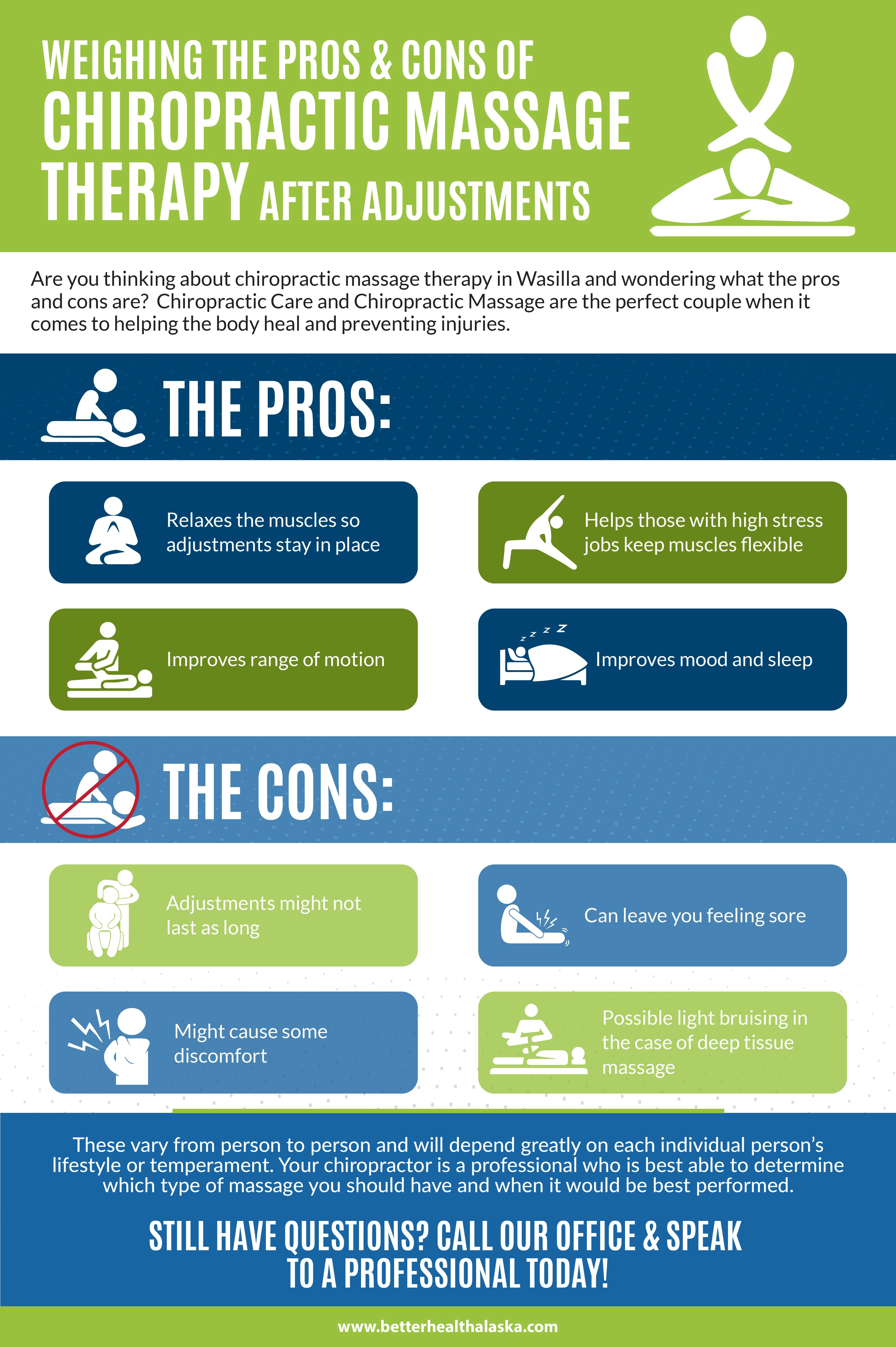Understanding Nourishment'S Role In Neck And Back Pain Administration: Beneficial Foods And Foods To Prevent
Understanding Nourishment'S Role In Neck And Back Pain Administration: Beneficial Foods And Foods To Prevent
Blog Article
Staff Author-Russo Lockhart
When it involves managing your neck and back pain, the food options you make can substantially impact exactly how you really feel each day. Envision being able to reduce your discomfort just by readjusting what you eat. By understanding the duty of nutrition in back pain administration and understanding which foods to integrate or stay away from, you can take aggressive steps towards a healthier and more comfortable way of life. The link between nutrition and back health and wellness is more extensive than you may realize-- allow's discover just how certain foods can either relieve or exacerbate your neck and back pain.
Value of Nutrition in Back Pain
Nourishment plays an important role in handling neck and back pain. newborn chiropractic care can dramatically impact inflammation degrees and general discomfort degrees in your back. Consuming a balanced diet regimen rich in nutrients like vitamins D and K, calcium, magnesium, and omega-3 fatty acids can help in reducing inflammation and reinforce bones, which are essential for back health and wellness.
Additionally, preserving a healthy and balanced weight through appropriate nutrition can relieve stress on your spinal column, decreasing the danger of pain in the back.
Moreover, specific nutrients like antioxidants found in vegetables and fruits can assist combat oxidative tension and promote recovery in the body, including the back muscular tissues and spine.
On the other hand, eating too much amounts of refined foods, sugary drinks, and harmful fats can contribute to inflammation and weight gain, intensifying neck and back pain.
Foods to Eat for Back Wellness
To support a healthy back, including nutrient-rich foods into your day-to-day dishes is crucial. Consisting of foods high in antioxidants like berries, spinach, and kale can help reduce swelling in your back, easing discomfort and pain. Omega-3 fats located in fatty fish such as salmon and mackerel have anti-inflammatory properties that can profit your back wellness.
Furthermore, eating nuts and seeds like almonds, walnuts, and chia seeds supplies crucial nutrients like magnesium and vitamin E, which sustain muscle function and lower oxidative stress. Including lean proteins such as chicken, turkey, and tofu can aid in muscular tissue fixing and maintenance, advertising a strong back.
Do not fail to remember to include dairy products or fortified plant-based choices for calcium to support bone health and wellness. Lastly, moisturize with a lot of water to maintain your spine discs moistened and operating optimally. By consisting of these nutrient-dense foods in your diet plan, you can nourish your back and support total back health.
Foods to Avoid for Pain In The Back
Go with staying clear of refined foods high in added sugars and trans fats when seeking relief from pain in the back. These types of foods can add to swelling in the body, which may worsen neck and back pain. Say no to sugary treats sweet, pastries, and sweet beverages, along with fast food things like hamburgers, fries, and fried chicken that are typically filled with trans fats.
In addition, stay away from foods consisting of high levels of polished carbs, such as white bread, pasta, and pastries, as they can spike blood sugar levels and possibly aggravate inflammation in the body.
back diseases 's also important to restrict your intake of foods high in hydrogenated fats, like red meat and full-fat milk items, as they can add to swelling. Refined foods like delicatessens meats, chips, and packaged snacks are often high in hydrogenated fats and ought to be consumed in moderation.
Conclusion
In conclusion, taking notice of your diet and making clever food options can have a substantial impact on handling pain in the back. By integrating nutrient-rich foods like berries, fatty fish, nuts, and lean healthy proteins, and preventing refined and sweet things, you can help in reducing swelling and support overall back wellness. Keep in mind, what you eat plays a vital function in how you feel, so see to it to prioritize your nutrition for a much healthier back.
